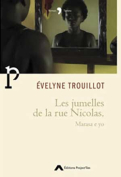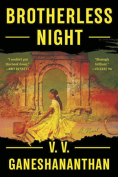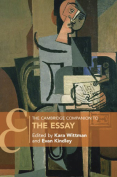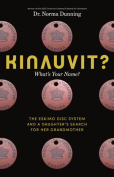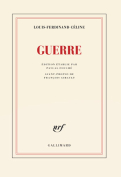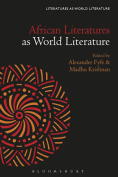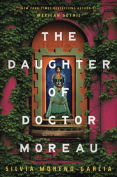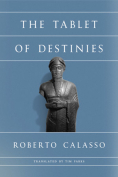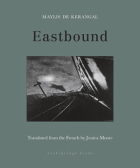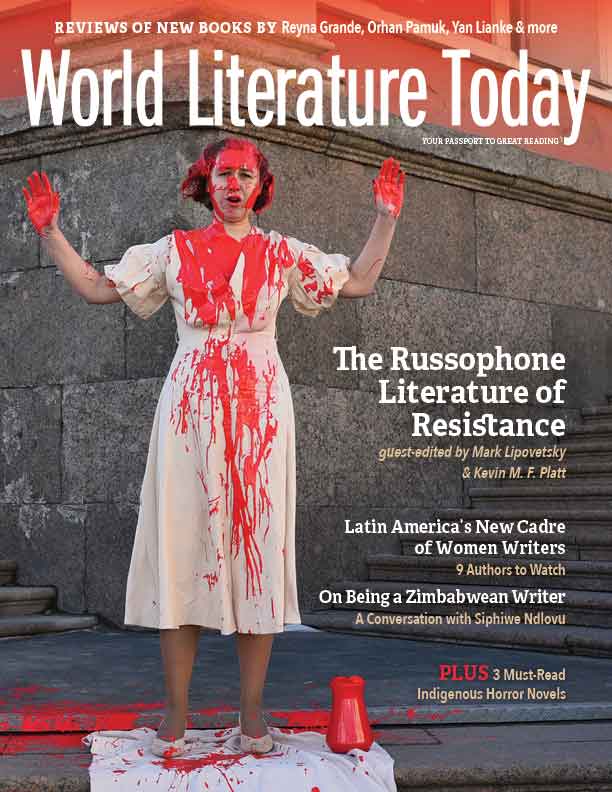Daughter in Exile by Bisi Adjapon
 New York. HarperVia. 2023. 400 pages.
New York. HarperVia. 2023. 400 pages.
AN INTERESTING TREND has emerged in the decade during which African and diaspora women feature the experience of migration—outside of Africa. NoViolet Bulawayo’s We Need New Names (2013), Chimamanda Ngozi Adichie’s Americanah (2013), Yaa Gyasi’s Homegoing (2016), and Imbolo Mbue’s Behold the Dreamers (2016) are among the many notable works. The various waves of African movement began with the transatlantic slave trade, the experiences of which are captured in the resistance narrative. Since that time, women have produced an impressive body of work that speaks to their conditions in the diaspora and often reveals a longing for the homeland. Daughters in Exile is an admirable addition to this body of works.
The novel narrates the story of Olivia Akura Lola Oduro as she leaves Ghana to work as a professional in Senegal, falls in love with a Haitian American soldier, has a son, marries a white American, has a daughter, achieves American citizenship, and ultimately returns home to Ghana. In some ways, it reads as a cautionary tale of what happens when the individual bucks tradition. But it is so much more.
The novel features the clash between the traditional way of being with a modern way of being for women. The results reveal that it takes a bit of both to survive in the world of America. Interestingly, the novel begins on the day that the principal character finds out her US immigration status. Interspersed throughout the novel are letters between mother (representing Ghanaian tradition) and daughter. By turns the novel reveals how Olivia negotiates her life, first in Senegal and then in North America. And, as in the resistance narratives of the nineteenth century, naming signals a choice in the way of being in the world. Olivia hates the Western name her mother gives her and opts to call herself Lola (a Nigerian name) when she attends university.
Presented in three parts, with chapters largely named for Akan adages/sayings, Lola moves from a privileged existence in Senegal, to utter poverty in America, to ultimate triumph. Like many such novels, this one addresses the relationship between Africans and African Americans, and to Adjapon’s credit, she admits that “I was ignorant about the long-term effects of slavery. . . . I had been so absorbed with my need for survival I hadn’t thought enough about my place or role as a Black person.” It also features the immigrant as easy target of employer exploitation. Indeed, contrary to the myth of the gold-lined streets of American, the immigration experience for Africans is often lined with coal. The myth, Lola learns, is the result of the exportation of so-called American excellence.
This novel is definitely worth reading.
Adele Newson-Horst
Morgan State University






